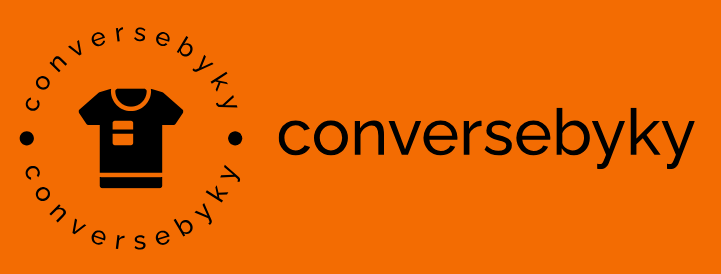 How to Choose a Preschool for Your Little One Once you decide your child is prepared for preschool, it’s time to look for a good program. It’s good to begin searching early. Some families – particularly those who live in large cities – even apply to the best schools soon after their child is born. After pinpointing a few good schools, submit applications to all of them. This way, if you don’t get accepted into your first choice, you’ll have one or two other options. To find the best school for your child, follow the tips below: Prioritization
How to Choose a Preschool for Your Little One Once you decide your child is prepared for preschool, it’s time to look for a good program. It’s good to begin searching early. Some families – particularly those who live in large cities – even apply to the best schools soon after their child is born. After pinpointing a few good schools, submit applications to all of them. This way, if you don’t get accepted into your first choice, you’ll have one or two other options. To find the best school for your child, follow the tips below: Prioritization
Doing Education The Right Way
First off, decide what you want. A preschool close to your home or near your workplace? Should the curriculum to include activities like storytelling and dancing? Any specific approach to learning you have in mind? List everything down so you can refer to it as you compare different programs.
Interesting Research on Preschools – What You Didn’t Know
Homework Your friends and family can provide recommendations of schools they like. Also check out accredited schools in your area, and don’t forget to check the yellow pages. Interview and Personal Visit You can ask a few questions on the phone – for example, about enrollment or fees – but you won’t know what a preschool is really like unless you actually go there and meet the people behind it. Talk to the director about everything, from schedules to child education approaches. Count on your intuition about the place and pay attention to how the director replies to your questions. When visiting the classrooms, take note of the number of students under one teacher’s care. The National Association for the Education of Young Children recommends 2- and 3-year-olds should be in groups of 18 at most, with no less than two teachers. For 3- to 4-year-olds, groups must not exceed 20 heads, again with a minimum of two teachers. For 5-year-olds, there can be as many as 20 students in a class with a minimum of two teachers. References Ask everyone preschool you’re eyeing for a list of parents who have children attending the school. Take time to call them and ask relevant questions. Don’t just ask if they like the preschool – ask what exactly what they like (or dislike) about it. Also consult your state’s Better Business Bureau to know whether the school or its teachers have been the object of any complaints. Kid Testing Lastly, visit the school together with your kid. This way, you can observe how your child and the teachers interact and whether he or she seems comfortable in the school’s environment. Definitely, choosing a preschool is a personal matter. If, after visiting the preschool with your child, you both seem to enjoy the idea of going there, then it’s probably a good choice for you – of course, provided that everything else has checked out.
Sun, Feb 23, 2025
Love your feet choose Original Product

